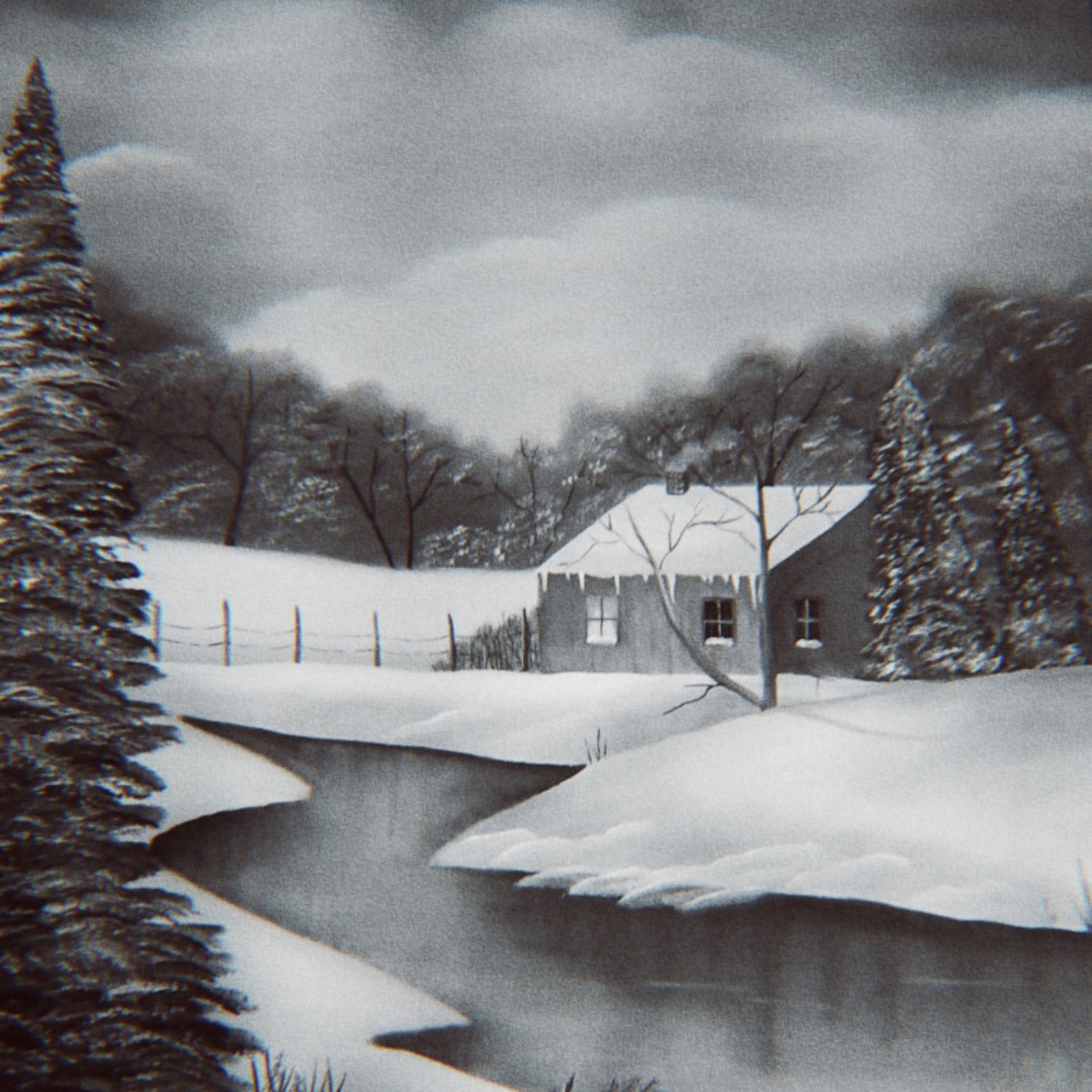Blonde (2022) directed by Andrew Dominik and based on the novel by Joyce Carol Oates, is a bleak, surreal, exploitation horror film marketed as a biopic. It follows the same emotional arc as 2009’s The Human Centipede, but lacks the humor and ironic distance of that film’s conscious stupidity. Its cinematic worldview is nihilistic and cynical, its script is unrelentingly mean-spirited, and though I lack the authority to label it misogynistic, the fact that none of its female characters are drawn as relatable or even possessing redeeming qualities —along with one of the dumbest representations of abortion trauma in the history of film— make it at least guilty of the male gaze.
It is also very beautiful, filled with the bent-light camera work and obscured shots that made Dominik’s previous work The Assassination of Jesse James by the Coward Robert Ford so compelling to look at. There are dreamlike transitions (a bed that becomes Niagra Falls, a night sky speckled with sperm cells), strange digital effects (the enlarged, doglike mouths of screaming men, the missing face of a husband) all of which are lifted into the audiovisual stratosphere by one of the most haunting scores in recent memory (by Dominik’s longtime collaborators Nick Cave and Warren Ellis).
Very few shots of Blonde’s exhausting 2 hour, 46 minute runtime look away from Ana De Armas as Marilyn, and any part of this film that works works because of her. The real Marilyn Monroe (as much as one can be said to exist) was herself a character played by Norma Jean Mortensen, so Armas’ vamping whisper (which leans in and out of her natural accent) sometimes accentuates the meta-text of her performance rather than detracts from it. Adrien Brody’s Arthur Miller might be the best I’ve seen from him, and veteran character actor Toby Huss (unimpeachable in every role of his career) brings the only light in the film’s final act as makeup artist Whitey Snyder. There’s a scene where, together, Whitey and a desperate Norma summon Marilyn to the makeup chair, that recalls Margot Robbie’s mirror breakdown in I, Tonya.
But despite those strengths, Andrew Dominik and Joyce Carol Oates were probably the wrong people to tell this story. The most brutal narrative beats are apocryphal bullshit, none of which seem to serve a purpose beyond making an already tragic story even sadder. And what’s the real motivation for that? At a certain point dramatic license becomes outright lying. Again, though the historical Marilyn Monroe can be argued to be a work of fiction, she still lived and the saddest facts of her life can be verified. And while it’s okay to twist the knife for drama, Blonde uses an auger. The story is a straight line of suffering where nothing is learned or gained by the characters or the audience. If that was the point, it could have at least been shorter.
When a project grows big enough in an artist’s mind, there’s always the possibility of them getting lost in it. In his decade-long quest to get this movie made, there had to come a point when Dominik asked himself what it was that was driving him to tell this story, and what he truly wanted to say about Marilyn.
If he answered that question for himself, he failed to answer it in the film.
